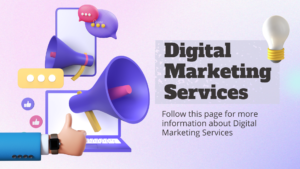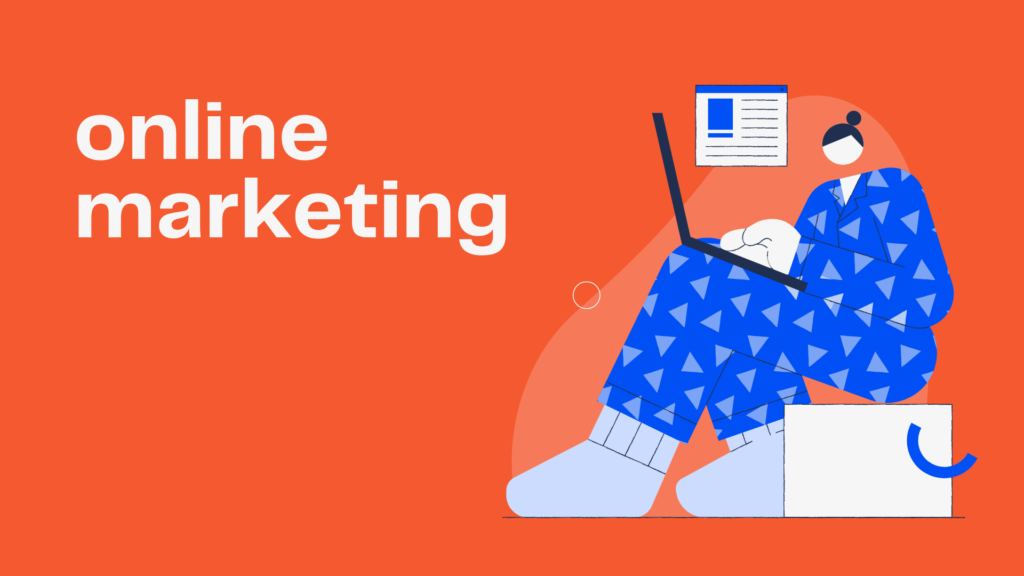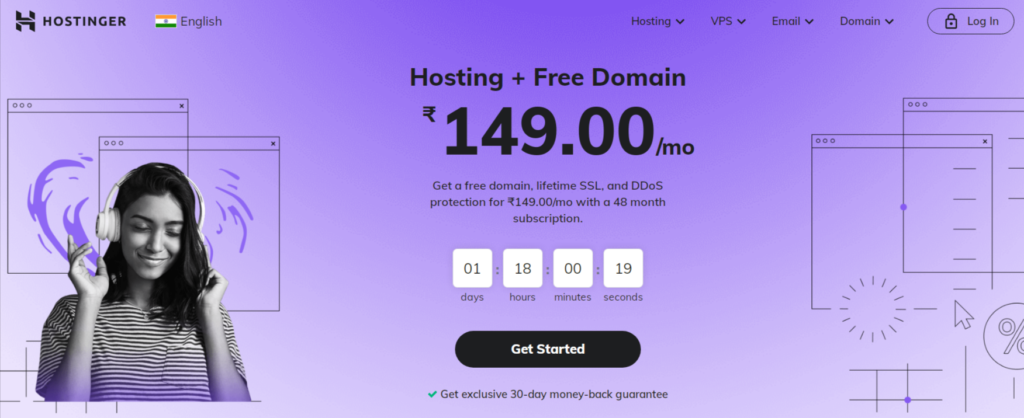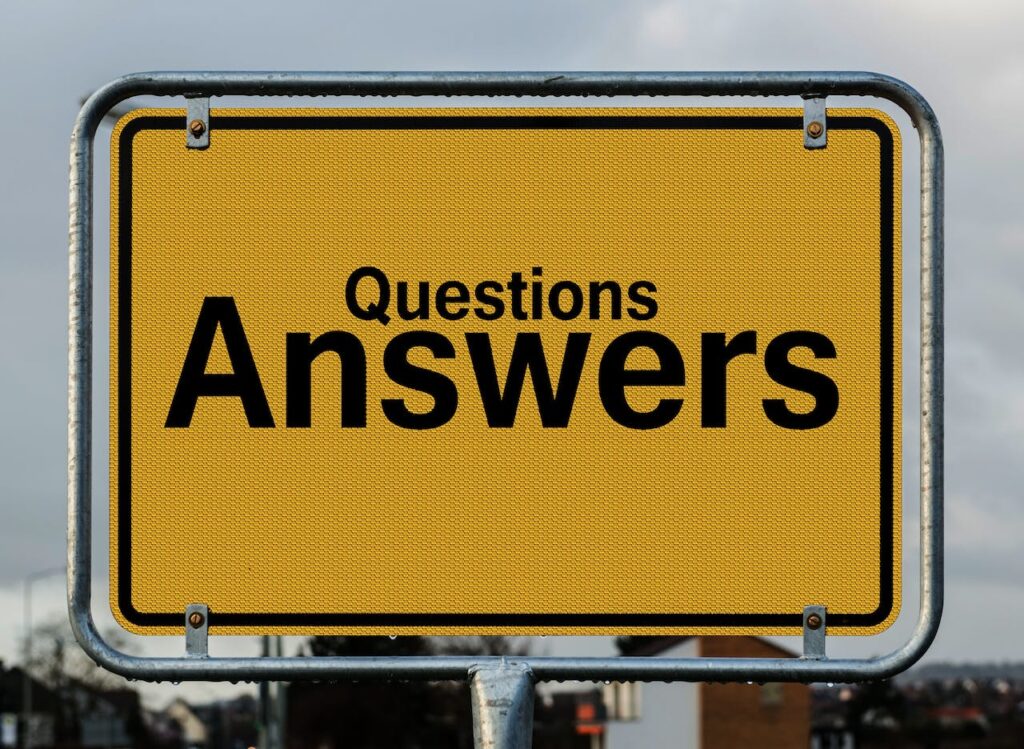
Online marketing is a broad term that encompasses a wide range of digital marketing strategies and tactics. It is a form of marketing that uses the internet and technology to connect with potential customers. this is very important marketing Online marketing is also known as digital marketing or internet marketing. It is a cost-effective way to reach a wider audience and can be highly targeted to reach only the most relevant audiences.
Online marketing has become increasingly important in recent years as more and more people spend time online. US adults watch computerized media for more than eight hours a day, and about thirty percent of US retail transactions take place online. Web-based businesses and Internet advertising make it feasible for the entire customer excursion to be executed with care. Potential customers can discover a brand, engage with a brand, make a purchase, and finally advocate for that brand — all online.
There are many different types of online marketing, including content marketing, social media marketing, influencer marketing, affiliate marketing, SEO (search engine optimization), web design, email marketing, paid advertising, display advertising, online events, and webinars¹². Each type of online marketing has its unique benefits and can be used to achieve different goals.
Content marketing is a type of online marketing that involves creating and sharing valuable content to attract and retain customers. Social media marketing is another type of online marketing that involves using social media platforms to promote a brand and engage with customers. Influencer marketing is a type of online marketing that involves partnering with influencers to promote a brand or product. One type of online advertising is called subsidiary showcasing, which involves promoting other people’s products in exchange for a commission.SEO (search engine optimization) is a type of online marketing that involves optimizing a website to rank higher in search engine results. Web design is a type of online marketing that involves designing and developing websites that are optimized for user experience. Email marketing is a type of online marketing that involves sending emails to customers and prospects to promote a brand or product. Paid advertising is a type of online marketing that involves paying for ads to appear on search engines, social media platforms, or other websites. Display advertising is a type of online marketing that involves displaying ads on websites or apps. Online events and webinars are types of online marketing that involve hosting events or webinars to promote a brand or product.
Online marketing has many benefits, including wider reach, cost-effectiveness, fast turnaround, trackability, and targeting capabilities. It can be less costly to produce than print or other mediums, and it can reach a much wider audience. Digital messaging can be cheaper and more efficient to produce than print, and it can be highly targeted to reach only the most relevant audiences, which means it usually offers a strong ROI. Your audience can act on your messaging right away, giving you a quick turnaround on your investment. Determining whether your audience is clicking, opening messages, sharing, or making purchases is not difficult to comprehend. You don’t have to waste time doing anything productive if you figure out what’s not working. You can lean towards what is effective, assuming you are aware of it. Online advertising enables businesses to modify their messaging and target certain audiences.
Everything You Need to Create a Website
Up to 75% off Hosting-
Free Domain Free Website Migration 24/7 Customer Support
Maximize Website Speed
Maximize website loading speed with LiteSpeed Web Server technology.
Enjoy optimized performance with advanced cache solutions.
Reduce website response times up to 3 times with Object Cache for WordPress.
SEO stands for search engine optimization. It is a collection of techniques meant to improve how different types of material appear, are positioned, and are valued in natural list items. The goal of SEO is to rank higher in search engines like Google, Bing, Yahoo, and many others.
These programs, often known as insects or bots, are used by web search engines to gather information from the internet and add it to their massive databases, or “records”. Beginning with a completed web page, crawlers then follow links to other pages via joins. The content of the discovered page, and the context of the links the crawler followed from one page to another, help search engines understand what the page is about additionally, how it applies to various pages within the entire file.
There are three primary classifications of Website design enhancement: on-page Search engine optimization, off-page Website optimization, and specialized Web optimization. On-page Website optimization alludes to upgrading the substance and HTML source code of a page and refers to building links and other external signals to your website. Technical SEO refers to optimizing the technical aspects of your website, such as site speed, mobile-friendliness, and security.
To optimize your website for search engines, you can start by researching the keywords that your target audience is searching for. Once you have identified the keywords, you can create content that is optimized for those keywords. You can also optimize your website’s HTML source code, meta tags, and images. Building high-quality backlinks to your website is also an important part of SEO.
SEO is a never-ending process, and it takes time to see results. However, by following best practices and staying up-to-date with the latest trends and changes in search engine algorithms, you can improve your website’s visibility and attract more traffic.
You can find a wealth of information about SEO (Search Engine Optimisation) on the internet. To help you get started, the following tools and resources are suggested:
Google’s SEO Starter Guide:
Google’s SEO Starter Guide is a comprehensive resource provided by Google itself. It covers the basics of SEO and is a great starting point for beginners.
Moz:
Moz is a well-known SEO platform that offers a wealth of resources, including articles, guides, and tools. Their blog, in particular, is a valuable source of SEO insights.
SEMrush:
SEMrush is a universal showcasing toolkit that includes tools for improving website design. They provide competitive analysis, keyword research, backlink analysis, and more. They also have a blog and webinars to help you stay updated on SEO trends.
Ahrefs:
Ahrefs is another popular SEO tool that offers features such as site audits, backlink analysis, and keyword research. They also have a blog and learning hub with in-depth SEO guides.
Search Engine Land:
Search Engine Land is a reputable source for news and information about search engines and search marketing. They have a dedicated section for SEO, providing insightful articles and analysis.
Yoast SEO:
Yoast SEO is a popular WordPress plugin for SEO, and their blog covers a wide range of SEO topics. Even if you’re not using WordPress, their content is still valuable.
HubSpot Academy – SEO Training:
HubSpot Academy offers a free SEO training course that covers the fundamentals of search engine optimization. The course includes video lessons and practical exercises.
Backlinko:
Backlinko (Brian Dean’s blog) is known for its in-depth and actionable SEO guides. The content is well-researched and provides practical tips for improving your website’s visibility.
Google Search Central:
Google Search Central is Google’s official resource for webmasters. It includes documentation, guides, and tools to help you understand and optimize your site for search.
The following common mistakes with website design enhancement are things to avoid:
1. Not doing keyword research : Randomly creating content without targeting keywords with search traffic potential can lead to low traffic on your website ¹. Before publishing any page, make sure the page targets a keyword with search traffic potential. You can use tools like Ahrefs’ Keywords Explorer to find relevant keywords .
2. Not aligning with search objectives : Google is probably going to provide users with the most important result for every query. You should have the most relevant result if you want to rank well on Google. This means answering the pursuit question’s rationale and matching the inquiry aim. Align your content with search intent by analyzing the current top-ranking results for the three Cs: Content type, Content format, and Content angle .
3. Targeting keywords that are too difficult : Targeting highly competitive keywords can be difficult and time-consuming. Instead, focus on long-tail keywords that are more specific and less competitive .
4. Not building enough backlinks : Backlinks are an important ranking factor for search engines. Building high-quality backlinks to your website is an important part of SEO ¹.
5. Breaking Google’s Terms of Service when building links : Google has strict guidelines for link building. Violating these guidelines can result in penalties or even a ban from Google .
6. Missing internal link opportunities : Internal linking can help search engines understand the structure of your website and the relationship between different pages. Make sure to link to relevant pages within your website ¹.
7. Refusing to give Google access to your content In the unlikely event that Google is unable to find your content, it won’t be able to index it. Make sure your website is crawlable by using a robots.txt file and submitting a sitemap to Google Search Console .
8. Not letting Google index your content : If you don’t want a page to be indexed, you can use a “no index” tag. However, make sure to use it only on pages that you don’t want to appear in search results .
9. Having an extremely slow site : Site speed is an important ranking factor for search engines. Make sure your website loads quickly by optimizing images, using a content delivery network (CDN), and minimizing HTTP requests .
10. Treating SEO as a one-time thing : SEO is a never-ending process. It takes time to see results, and it requires ongoing effort to maintain and improve your website’s visibility
Numerous trustworthy websites provide free SEO classes covering different facets of search engine optimisation. These ten free SEO courses are provided by reputable sources..
Google Analytics for Beginners
Provider: Google Analytics Academy
Link: Google Analytics for Beginners
SEO Training Course by Moz
Provider: Moz
Link: SEO Training Course
SEO Training Course by Yoast
Provider: Yoast
Interface: Yoast SEO for WordPress Plugin Training
HubSpot SEO Crash Course
Provider: HubSpot Academy
Link: HubSpot SEO Crash Course
SEO Training by SEMrush Academy
Provider: SEMrush Academy
Link: SEO Fundamentals Course
Coursera – Site design improvement (Search engine optimization) Specialization
Provider: University of California, Davis (offered on Coursera)
Link: SEO Specialization
ClickMinded SEO Certification
Provider: ClickMinded
Link: ClickMinded SEO Certification
DistilledU’s SEO 101 and Further
Provider: DistilledU
Link DistilledU – SEO 101
SEO Training by The Advanced Google SEO Masterclass
Provider: Udemy
Link: The Advanced Google SEO Masterclass
Search Engine Land’s Guide to SEO
Provider: Search Engine Land
Link: Guide to SEO

What Are Digital Marketing Services?
In the fast-paced digital era, businesses are increasingly relying on digital marketing services to navigate the online landscape and connect with their target audience effectively.

How to Make $1000 Online with Digital Marketing: Top Affiliate Strategies
For those trying to generate money online, affiliate marketing has become a viable option. In an increasingly opportunity-rich digital world, becoming an affiliate marketing guru










